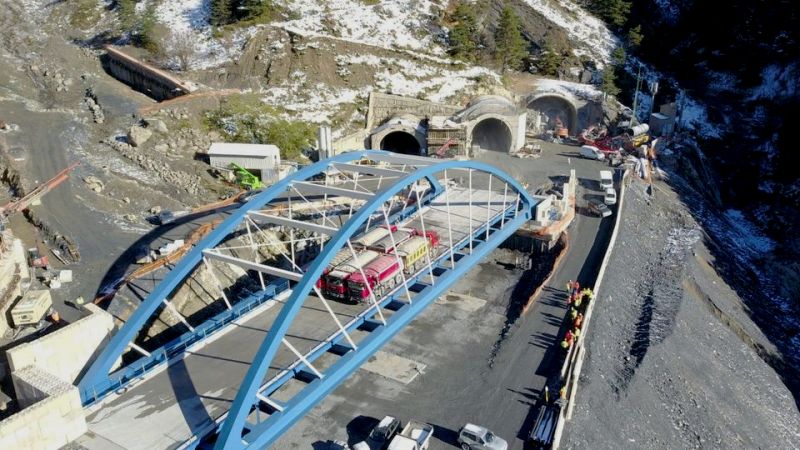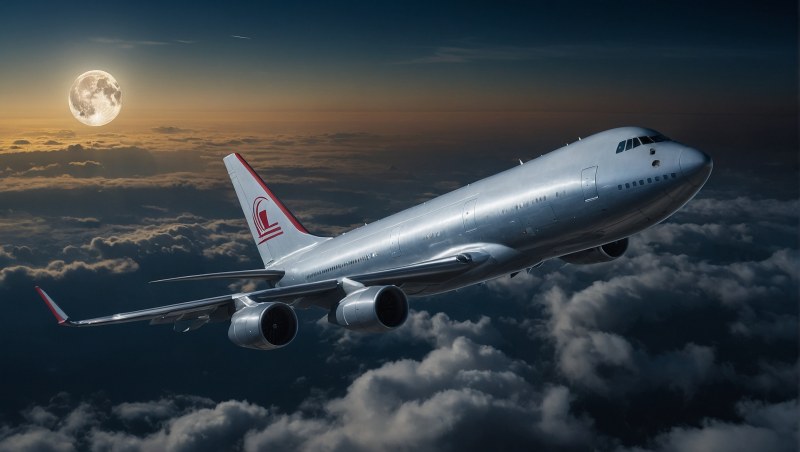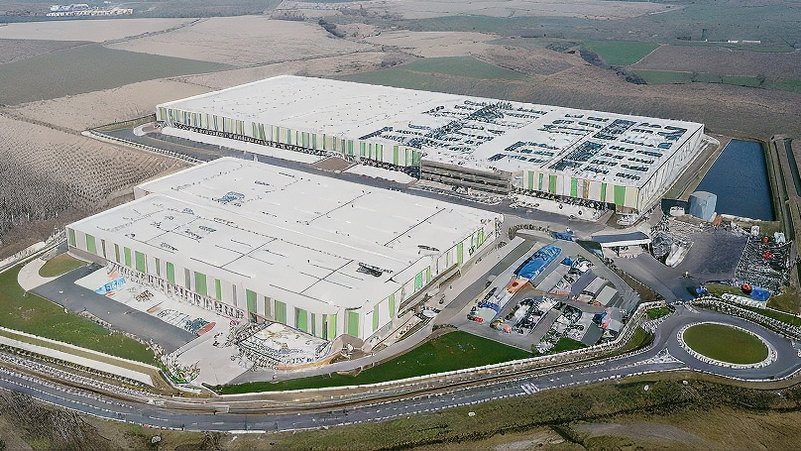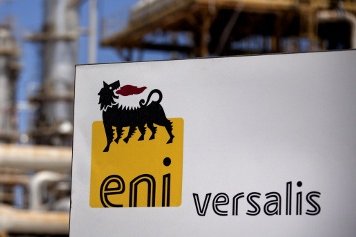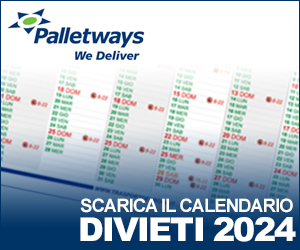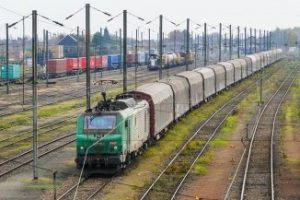The German railways are bracing for what could be described as a perfect storm in 2024, with subsidy cuts, increased network access fees, construction projects leading to route deviations and delays, and the looming threat of strikes. DB InfraGo, which took over the management of the German railway network at the start of 2024, plans to raise access fees by 13.4% starting from December 2024. This decision follows a substantial 49% cut in subsidies on the fees, which is likely to occur during 2024.
These developments stem primarily from the federal budget decisions made by the government majority at the beginning of the year. Initial expectations were bleak as the first draft of the federal budget proposed cuts to freight rail transport up to €252 million, with significant reductions in funds for full-train transport, network access subsidies, and the Future of rail freight transport program.
However, the outcome looks to be less severe, as the budget approved at the end of January in the government predicts cuts reduced to approximately €186 million. Specifically, initial forecasts suggested a reduction in incentives for single-wagon transport up to €65 million, but in the final budget, this loss has been reduced to twenty million. As for network access subsidies, initial predictions indicated a cut of just over €170 million, amounting to a 49% reduction. Nonetheless, it was possible to retain some additional resources, such as those reallocated to the program to extend the Ertms signaling system, leaving just under €230 million available for investment in the sector.
One of the main concerns for operators is the subsidies for network access: despite the revision from the original budget draft, the overall estimated cut of €120 million is still significant and could pose difficulties for railway companies. Operators' fears are mainly due to the lack of a certain framework and a long-term financial plan for the railways, proceeding with decisions tied to the annual budget exercise and resources provided year by year, without certainty.
This is the finding of Allianz pro Schiene, also known as the Pro-Rail Alliance, the German association that brings together over two hundred companies and professional organizations from the railway sector. According to this organization, Germany should follow the positive example set by neighboring countries like Austria and Switzerland, where investments are guaranteed financial security for six and twelve years, respectively, a solution that Germany has always excluded. Moreover, the association Die Güterbahnen, representing around a hundred companies related to rail freight transport and aiming for a European railway network, accuses the new operator DB InfraGo of a false start. Without adjustments, the increase in tariffs and subsidy cuts could result in a cost increase for railway companies of more than 100%.
Piermario Curti Sacchi



